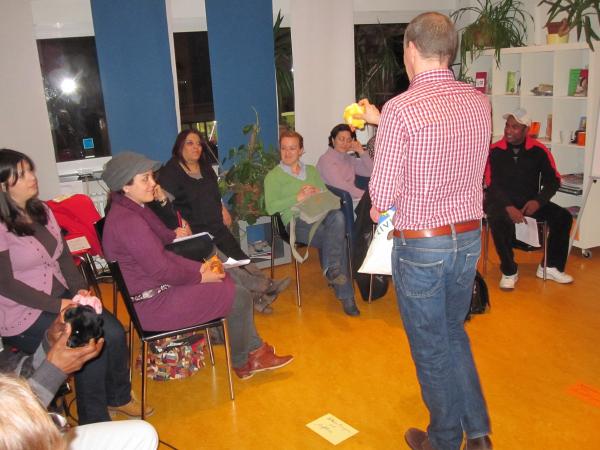Reduces our risk of getting a sexually transmitted disease (STD)
Using condoms makes vaginal or anal intercourse safer sex
Using condoms or other barriers makes oral sex safer sex
Having sex play without intercourse can be even safer sex
Safer sex can be very pleasurable and exciting
How Can I Lower My Risk Using Safer Sex?
One way to have safer sex is to only have one partner who has no sexually transmitted infections and no other partners than you. But, this isn’t always the safest kind of safer sex. That’s because most people don’t know when they have infections. They are very likely to pass them on without knowing it.
Another other reason is that some people aren’t as honest as they should be. In fact, about 1 out of 3 people will say they don’t have an infection when they know they do, just to have sex. So most of us have to find other ways to practice safer sex.
No-risk safer sex play includes:
Low-risk safer sex play includes:
- kissing
- fondling — manual stimulation of one another
- body-to-body rubbing — frottage, „grinding,“ or „dry humping“
- oral sex (even safer with a condom or other barrier)
- playing with sex toys — alone or with a partner
Highest risk sexual activities include:
- vaginal intercourse
- anal intercourse
**************************************************************************
How Different Sexually Transmitted Infections Get Passed Along
Infections are passed in different ways. Here are the basics:
VAGINAL OR ANAL INTERCOURSE WITHOUT A CONDOM — HIGH RISK FOR PASSING
- chancroid
- chlamydia
- cytomegalovirus (CMV)
- genital warts
- gonorrhea
- hepatitis B
- herpes
- human immunodeficiency virus (HIV)
- human papilloma virus (HPV)
- pelvic inflammatory disease (PID)
- pubic lice
- scabies
- syphilis
- trichomoniasis
ORAL SEX WITHOUT A CONDOM — HIGH RISK FOR PASSING
- CMV
- gonorrhea
- hepatitis B
- herpes
- syphilis
SKIN-TO-SKIN SEX PLAY WITHOUT SEXUAL INTERCOURSE — RISKY FOR PASSING
- CMV
- herpes
- HPV
- pubic lice
- scabies
Lots of other infections, from the flu to mononucleosis, can also be passed during sex play.
Source: Planned Parenthood

